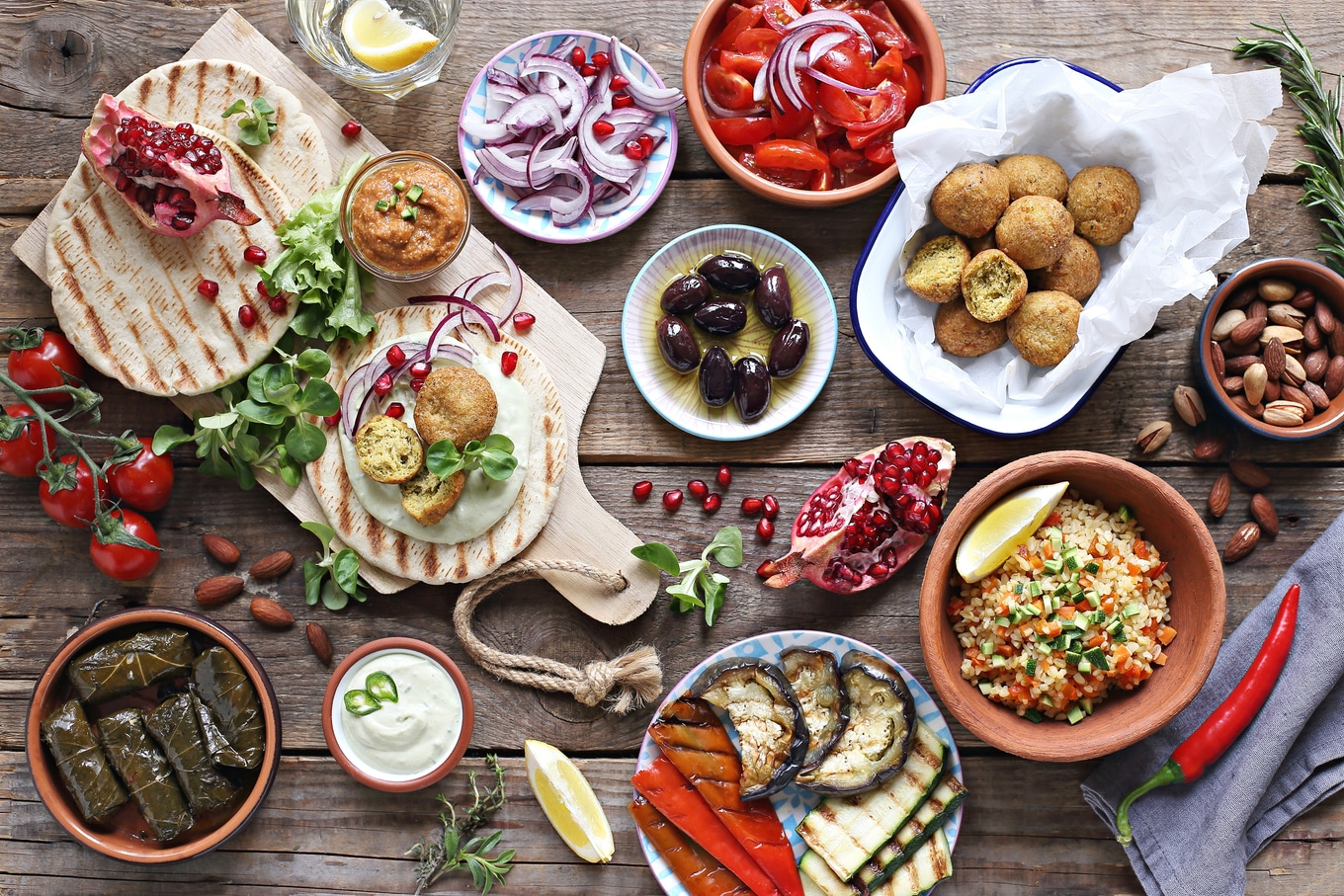In 2016, magician Penn Jillette shocked fans by shedding over 100 pounds—but the method was even more surprising: for two weeks, he ate nothing but plain potatoes. No greens, no protein, no seasoning—just spuds.
More recently, British TV host Jeremy Clarkson revealed he’s following a similarly radical approach. He, too, has adopted a mono diet, he told The Times. “The way my doctor here described it, if it has one ingredient, like steak, or egg, it’s fine,” he explained. “But not supermarket lasagna.”
There’s no question that cutting back on ultra-processed foods (UPFs) can benefit your health. These types of foods—like processed meat, candy, sugary sodas, TV dinners, and salty potato chips—have been linked to more than 30 diseases, including diabetes and heart disease.
But can eating just one food group—or even one food—really be healthy? And what does science say about the risks and rewards of mono diets? We asked Sapna Peruvemba, MS, RDN, founder of Health By Sapna, to weigh in.
What is a mono diet?
The “mono” diet—short for monotrophic diet—has been around for some time. While Penn Jillette may have brought it into the spotlight, he wasn’t the first high-profile figure to experiment with it. Back in 2008, art collector and businessman Charles Saatchi reportedly ate nothing but eggs for nine months, resulting in a loss of 56 pounds.
Today, mono diets are evolving. TikTok trends like the carnivore diet—which involves eating only meat—are essentially modern takes on the same concept.
 Unsplash
Unsplash
BECOME A VEGNEWS VIP: Get exclusive product deals, freebies, and perks galore!
“The goal is usually weight loss through extreme simplicity,” explains Peruvemba. “Many people assume they feel better on mono diets, like the carnivore diet, because of the inclusion of meat, when in reality it’s often due to the exclusion of unhealthy foods such as ultra-processed snacks, sodas, and fast food they were eating before.”
Health and fitness blogger Jordan Biesinger tried a mono diet for five days in 2023 and said it helped reset his relationship with food. Writing in Newsweek, he shared: “My mindset shifted from constantly worrying about avoiding certain foods, such as sugar, to actively seeking out nutritious options.”
“Now, I’ve surrounded myself with healthier choices and prioritize filling up on them. I remind myself that I can feel fully satisfied and energized from eating a well-balanced and healthy diet,” he added.
What are the disadvantages of the mono diet?
Most people turn to mono diets for rapid weight loss. And while they may deliver short-term results, they’re rarely sustainable. “Research on restrictive diets—like the mono diet—shows that one-third to two-thirds of the weight lost is typically regained within one year, and nearly all of it is regained within five years,” explains Peruvemba. “In fact, at least one-third of dieters end up gaining back more weight than they initially lost.”
One of the most significant drawbacks of mono diets is the risk of nutritional deficiencies. Eating only eggs or meat for weeks or months may provide protein, but it cuts out essential nutrients like fiber and antioxidants, found primarily in fruits, vegetables, grains, and legumes.
“We know that dietary variety is key for a healthy gut microbiome, making mono diets the opposite of what’s ideal for gut health,” Peruvemba says.
And what if the mono food is plant-based? Would that be a healthier option? Probably not, says Peruvemba.
“The higher fiber content in plant-based foods can reduce constipation and promote regularity,” she explains. “However, suddenly increasing fiber intake—such as going from eating one banana per day to eating only bananas all day—can lead to gastrointestinal issues like gas, bloating, discomfort, and excessive satiety.”
 Getty
Getty
Why variety is key for long-term health
Research consistently shows that long-term health is best supported by a diverse diet rich in nutrient-dense whole foods. That’s why the Mediterranean diet—which includes a wide range of fruits, vegetables, whole grains, legumes, nuts, lean proteins, and healthy fats—regularly tops the US News & World Report’s annual Best Diets list.
“Every food offers a unique set of nutrients. If you only ate chicken, you’d get plenty of protein and B12, but none of the fiber or antioxidants your body needs. If you only ate sweet potatoes, you’d miss out on key amino acids and vitamin B12,” Peruvemba explains.
“Every dietary pattern linked to health and longevity—including Mediterranean and plant-based diets—emphasizes a variety of whole (mostly plant) foods: fruits, vegetables, whole grains, legumes, nuts, and seeds,” she continues. A mono diet is the opposite of what decades of nutrition science supports.”
For more plant-based stories like this, read:
JUMP TO ... Latest News | Recipes | Guides | Health | Subscribe









